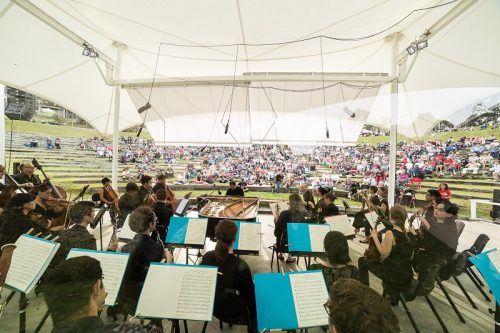
JUDITH CRISPIN reviews the Four Winds Festival at Bermagui over the Easter long weekend.
BERMAGUI came alive over Easter Weekend, for the Four Winds Festival – the legacy of local philanthropist and music lover, the late Neilma Gantner.
The four-day event featured fine performances by Arcadia Winds, Australian National Academy of Music (ANAM), Australian String Quartet and a host of national and international soloists. Highlights included premieres of new works by Elena Kats-Chernin and performances of Anne Boyd, Stuart Greenbaum and other Australian composers.
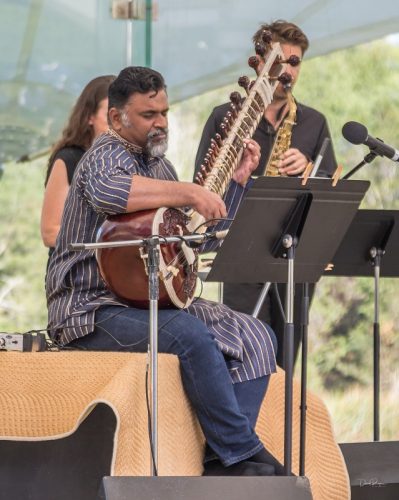
Classical sitar player Saragan Sriranganathan performed with Tabla virtuoso Bobby Singh as part of the “After Dark” series at Bermagui Surf Club. Sriranganathan demonstated a mature command of sitar technique, while also singing in the Indian classical style. A full voiced baritone, Sriranganathan delighted the audience with expressive, agile ornamentation. Singh produced a nuance colour palette from the tabla and an impressive array of rhythmic pyrotechnics.
Australian String Quartet gave a magnificent performance of Brahms’ “String Quartet No. 1 in C minor Op. 51” during the House Concerts, held in a picturesque private residence in Wapengo. Energetic outer movements revealed a strong sense of ensemble and noteworthy scaffolding by cello. Stately inner movements were evocative and sure.
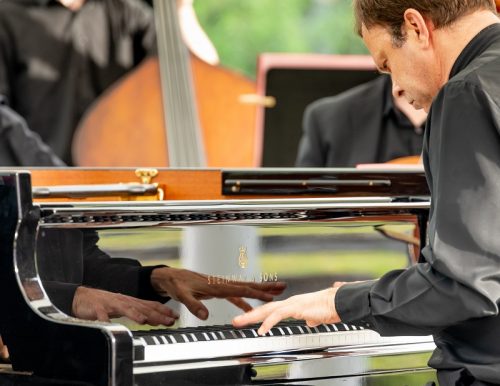
Sunday’s “Beethoven in the Bush”, featuring Austrian virtuoso pianist Stefan Vladar, was also a stand-out event. Joined by the festival orchestra for Beethoven’s Piano Concerto no. 3 in C minor op. 37, Vladar produced well-shaped cadenzas and an economical approach to the pedal. The opening of the second movement largo was completely drowned out by birds, a hazard of outdoor venues. The closing rondo allegro was a sparkling recapitulation of themes and dramatic climactic points. Vladar conducted from the piano while playing, creating minor issues with the orchestra’s timing when two hands were required on the keyboard.
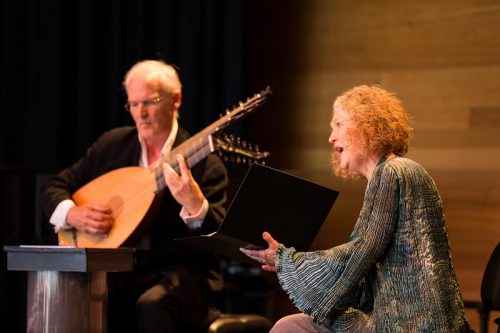
English soprano Dame Emma Kirkby and Swedish lute maestro Jakob Lindberg gave a world-class concert of early music. Even at 70, Kirkby’s voice is astonishing, her intonation flawless. An evocative use of senza vibrato, “white tone”, combined with birdlike mellisma, ornaments and flourishes, was used to great dramatic effect. It was very satisfying to hear songs by early female composer Barbara Strozzi. Performing with a singer of Kirkby’s fame must be daunting, but Lindberg, almost stole the show with his performances of Nicholas Vallet and Alessandro Piccinini. Solo or in duet, Lindberg’s phrases were finely shaped, his cadences subtle and voicing defined.
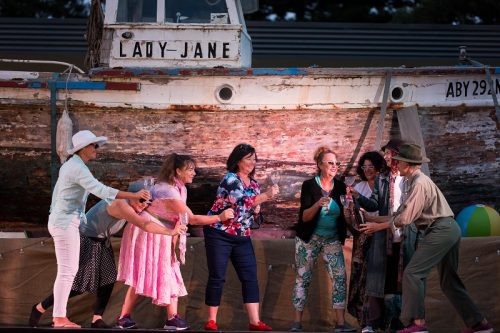
A free community concert on a Bermagui Oval was also noteworthy. Bega Valley Youth Choir, Friday Choir, Coco’s Lunch and a host of young performers came together for a rather baffling event honouring a fishing boat named Lady Jane. Singer and MC Eliza Hull thrilled the largest audience of the festival with her musicality and charismatic stage presence. Unexplained giant white puppets, a parachute, a tango between a dancer and a clothes line were somewhat less convincing, but I watched a little boy with lightning bolts on his pyjamas dance all night and it was a free event.
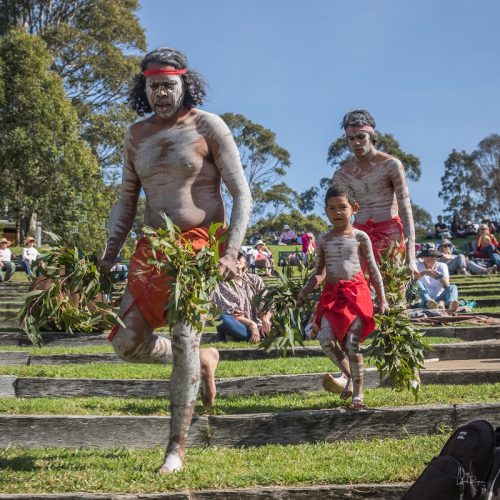
The community concert prominently featured didgeridoo performer Warren Ngarrae Foster and the Gulaga Dancers from Wallaga Lake. Walbanga-Djiringanj elder Iris White gave a moving welcome to country in langauge. In his performance, Foster revealed a deep understanding and respect for the music of his people. At least half the Gulaga dancers were children, learning how to care for their culture. It was a rare privilege to witness these future elders present their Spear Fishing Dance, Welcome Dance, and especially their Free Bird Spirit Dance. Divided into Brolgas, Emus and Sea Eagles, the young performers adopted the bodies of birds.
Despite these shining moments, Four Winds Festival was not problem free. An obvious problem was the rather strange programming, the attempt to present too many styles of music. Since Neilma’s death, Four Winds has had to reinvent itself, to decide on its future direction, and I wonder if that process still has some way to go. Beginning with morning yoga sessions, accompanied by new age music, each day of the festival presented a new program of totally unrelated pieces. Brahms and pseudo-African works, Beethoven with Anne Boyd, Schubert with didgeridoo and shakuhachi.
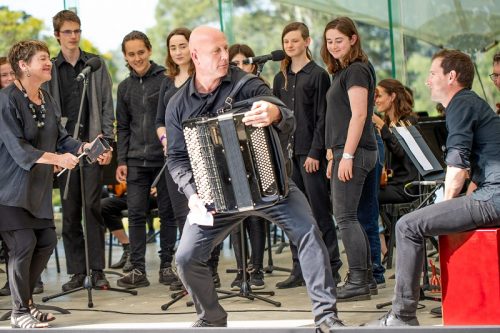
This eclectic approach also produced a set of very strange concerts labelled “world music”. These were not, as one might think, celebrations of non-western music. Rather, they were long improvised sets by ensembles of musicians from different cultures who were already at the festival. A concert entitled “World Music Performance”, for example, at Tilba Central presented shakuhachi master Riley Lee with tabla player Bobby Singh, accordion player and festival director James Crabb, and Jeremy Rose, a young jazz saxophonist. And despite the obvious accomplishment of individual players, the whole was not as good as the parts– and, more importantly, no attempt was made to preserve the cultural space of each musical tradition.
Four Winds Festival is an important event for the people of Bermagui and surrounding towns – a chance to see some truly wonderful musicians and strengthen community spirit. But the audiences seemed smaller this time than in previous years and I suspect programming might have something to do with that.
Who can be trusted?
In a world of spin and confusion, there’s never been a more important time to support independent journalism in Canberra.
If you trust our work online and want to enforce the power of independent voices, I invite you to make a small contribution.
Every dollar of support is invested back into our journalism to help keep citynews.com.au strong and free.
Thank you,
Ian Meikle, editor

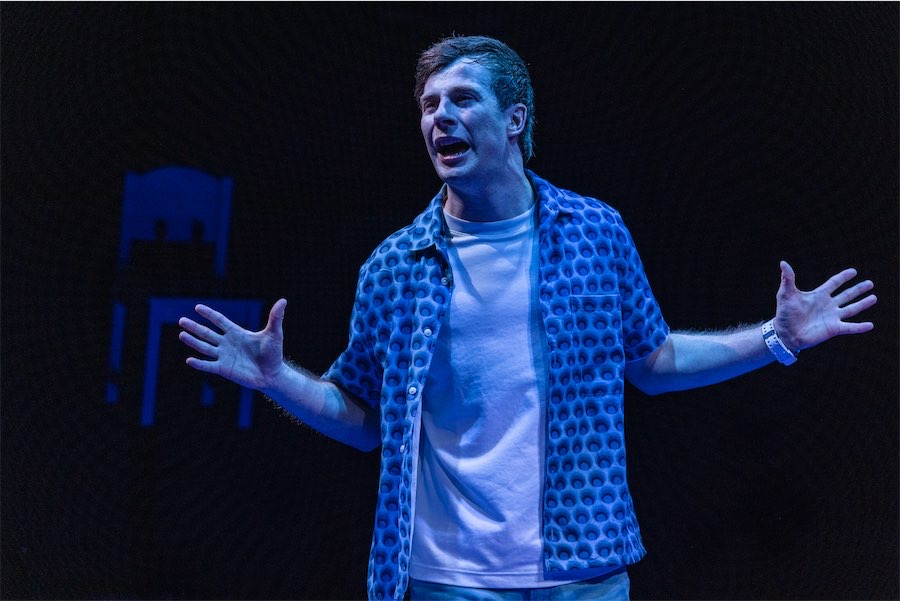
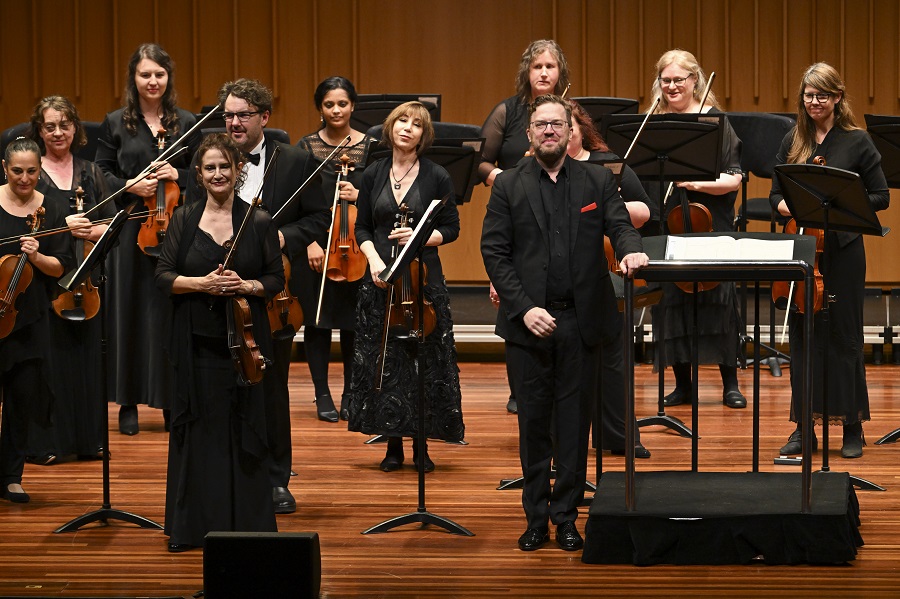
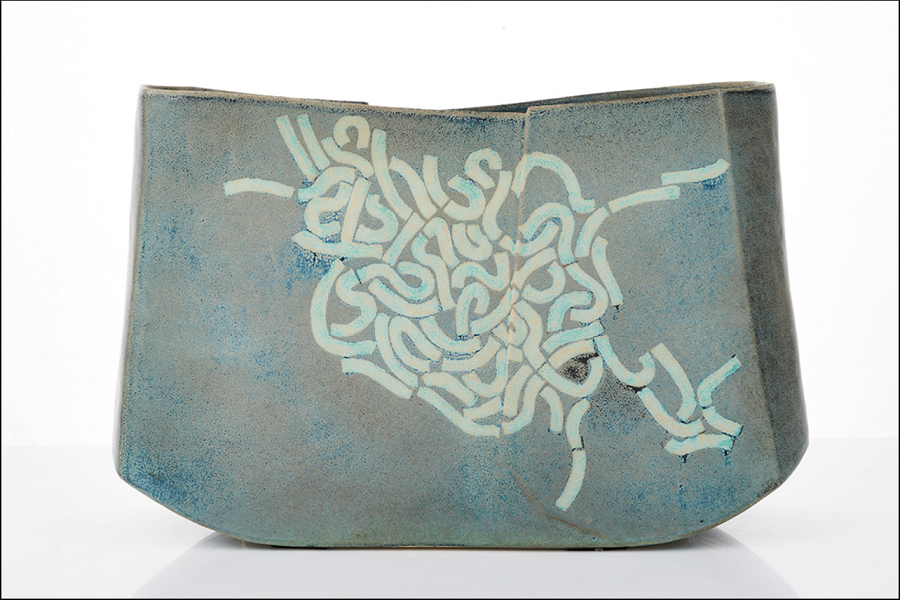

Leave a Reply